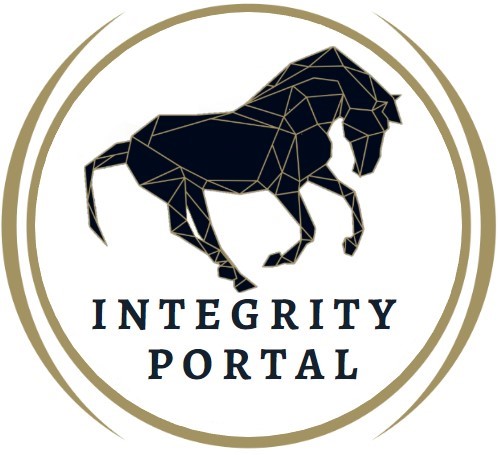EQUINE INFLUENZA
INFORMATION FOR TRAINERS/HANDLERS
What is the current issue?
There have been a number of confirmed cases of equine influenza in recent weeks across Europe. ‘Equine ‘flu’ is present all the time in the equine population in Ireland, Britain and beyond. We are normally able to stop it being a problem by ensuring that our ‘herd’ is protected via vaccination – vaccination reduces its spread and severity. Sometimes, that protection breaks down. We need to act quickly and together to safeguard the industry and minimise the impact on racing.
What should I do in general?
- Assess your horses, talk to your vet about their vaccinations, take temperatures ideally
- Take action if you see any of the following – off feed, temperature, cough, snotty nose
- Booster vaccinations are recommended for horses that have not been vaccinated in the last six months – only some vaccines have the appropriate ‘strain’ in them – talk to your vet
- All horses – not just those in training - on a premises should be vaccinated. Unvaccinated infected horses are a risk to vaccinated ones.
- Group horses according to age – particular care with foals/youngsters
- Isolate any new arrivals for at least 1, preferably 2 weeks – monitor their temperatures
What should I do if I suspect ‘flu’?
- Ask your vet to test any horse(s) you’re worried about - it’s free a service offered by the Irish Equine Centre
- Rest those horses while you’re waiting for a result
- Talk to your vet about zoning the yard to preserve a ‘clean green’ area if possible
- This may enable you to keep racing whilst still maintaining proper biosecurity around any cases but bear in mind that ‘flu’ is very contagious and can travel up to 50 yards in air
- Isolate effectively – staff, equipment, vehicles – always deal with potential cases last
- Clean then disinfect at the correct concentration
- Minimise/stop movement on and off the premises until you know what the result(s) are
Influenza is a self-limiting disease i.e. the virus does not establish persistent infections and with correct management, an infected horse should return to full health and performance.
Trainers and handlers who have concerns or questions in relation to this should contact,
Dr Ann Cullinane, Head of Virology at 045 866266 or This email address is being protected from spambots. You need JavaScript enabled to view it.
and/or Dr. Lynn Hillyer, Chief Veterinary Officer, IHRB on 087 1925 366

